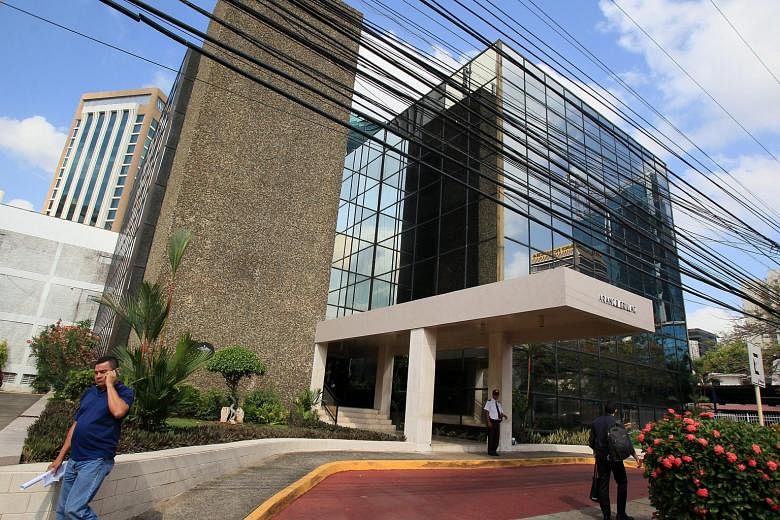LONDON • It is not illegal in many cases to use offshore structures because there are legitimate reasons to do so.
According to the Financial Action Task Force, a global money laundering watchdog, companies or trusts can be set up offshore for legitimate uses such as business finance, mergers and acquisitions and estate or tax planning, the Associated Press news agency reported.
Those doing business in countries such as Russia and Ukraine, for example, often deploy their assets offshore to defend them from being raided by criminals or to circumvent hard currency restrictions, The Guardian reported.
But such offshore structures are used in some instances by wealthy individuals and criminals to hide money and business transactions, and to avoid paying taxes.
Typically, companies or individuals use shell companies, initially incorporated without significant assets or operations, to disguise ownership or other information about the funds involved.
Sometimes referred to as a "letterbox" firm because it is little more than an address, a shell company appears to be a legitimate business but only manages the money in it. Its management, usually lawyers and accountants, simply sign documents and allow their names to appear on a letterhead.
Whether a tycoon or a drug dealer, it is all about hiding the owners of the money and its origin, and tax avoidance. In a speech in Singapore last year at the Lee Kuan Yew School of Public Policy, British Prime Minister David Cameron highlighted the use of shell companies to snap up London properties and said he wanted to ensure "that all this money is clean money".
A shell company would not be based in London or Paris where the authorities could find out who owns it, but it would be set up in an offshore financial centre - a tax haven. Apart from Panama, the Cayman Islands, the British Virgin Islands and Bermuda are among more than a dozen locations that handle business services and investments of non-resident companies.
Mossack Fonseca says it has always complied with international protocols to ensure the companies it incorporates are not used for tax evasion, money laundering, to finance terrorists or for other illicit purposes.

